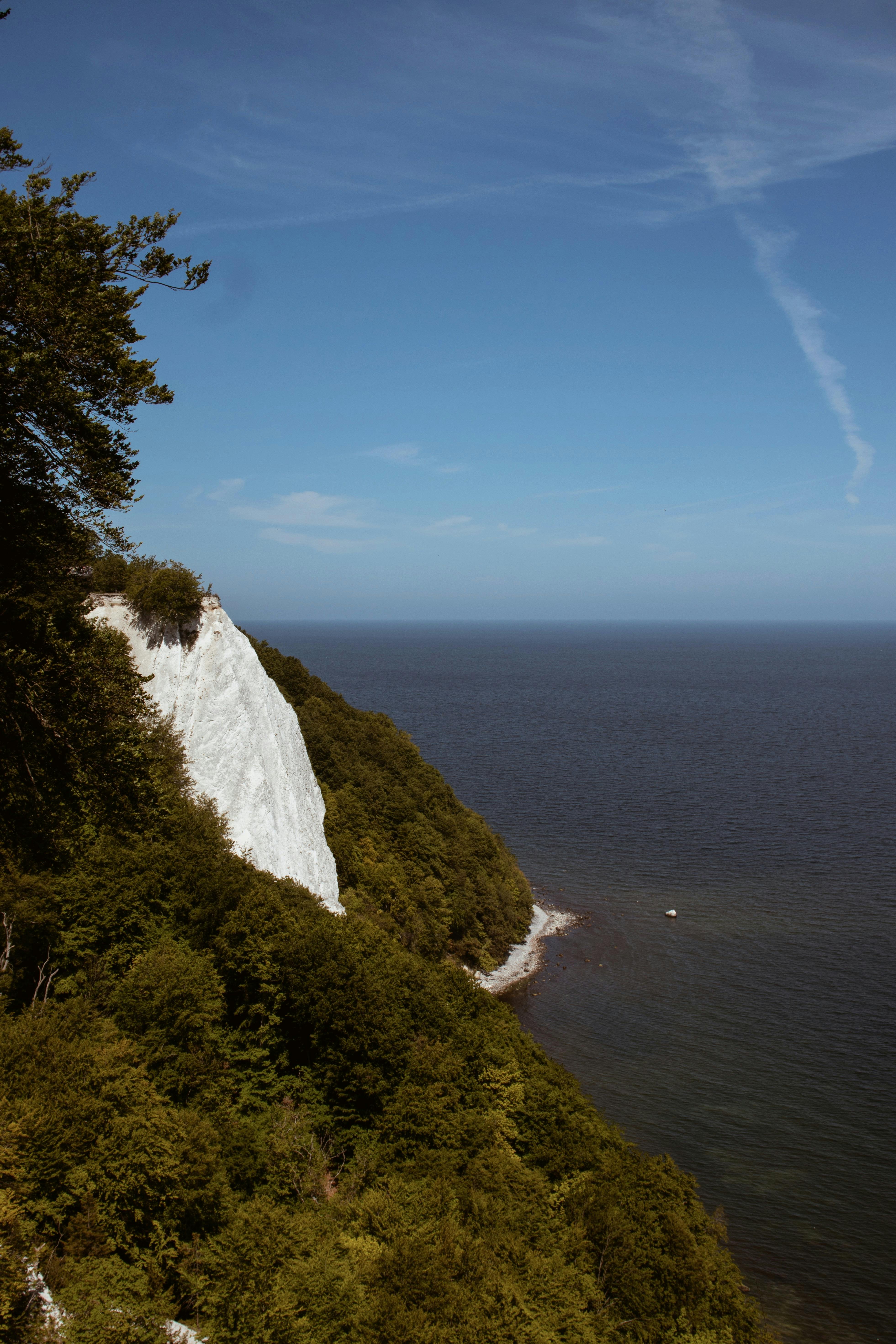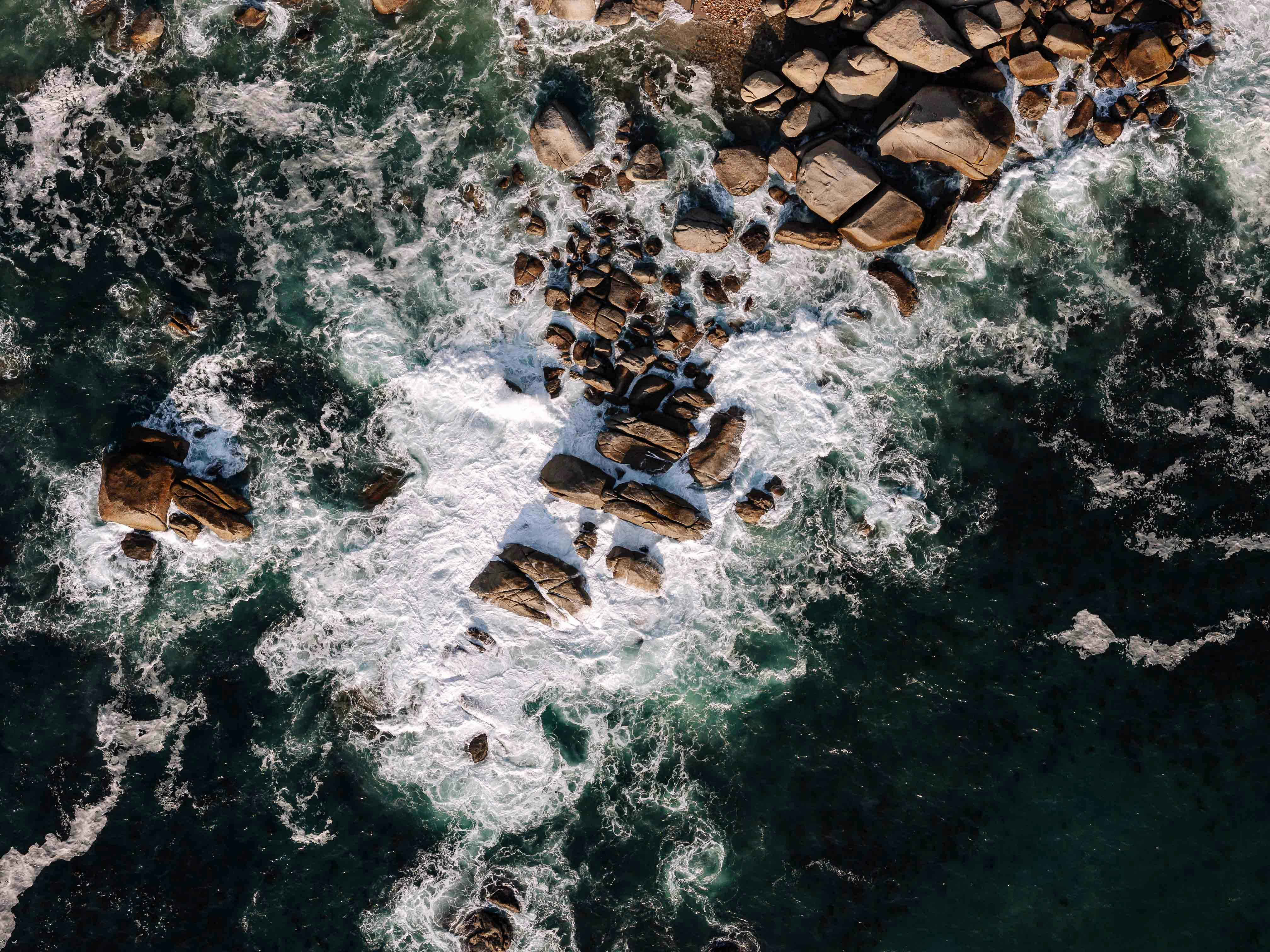Nature is a gift that surrounds us, filled with beauty, mystery, and tranquility. It is the mountains covered with lush green forests, the rivers flowing gently over smooth rocks, and the meadows dotted with colorful wildflowers that make us pause and appreciate the wonders of our world. Exploring nature not only allows us to see breathtaking landscapes but also helps us reconnect with ourselves, bringing a sense of peace and serenity that is often lost in our busy lives.
One of the most captivating aspects of nature is its diversity. From the towering peaks of the Himalayas to the serene beaches of the Maldives, nature offers an incredible variety of landscapes that are unique and breathtaking. Each ecosystem, from rainforests to deserts, has its own beauty and supports an incredible array of plant and animal species. The diversity in flora and fauna showcases the delicate balance of life on Earth, reminding us of the importance of conservation efforts to protect these natural wonders for future generations.
Spending time in nature also has significant benefits for our health and well-being. Studies have shown that exposure to natural environments can reduce stress, lower blood pressure, and improve mood. Whether it is hiking in the mountains, walking in a park, or simply sitting by a lake, spending time outdoors allows us to disconnect from technology and the chaos of everyday life, giving our minds a chance to relax and recharge. The fresh air, the calming sounds of birds singing, and the gentle rustling of leaves in the wind can be incredibly therapeutic.
Nature also plays a vital role in inspiring creativity and fostering a sense of wonder. Artists, poets, and writers have long drawn inspiration from the beauty of nature. The vibrant colors of a sunset, the intricate patterns of leaves, or the majesty of a waterfall can spark our imagination and motivate us to create something beautiful. For many, spending time in nature leads to a renewed sense of awe and appreciation for the natural world, encouraging us to protect and preserve it.
In conclusion, nature is an incredible source of beauty, tranquility, and inspiration. It offers us a chance to escape from our busy lives, recharge our spirits, and connect with something greater than ourselves. By appreciating and protecting the natural world, we ensure that future generations will also have the opportunity to experience the wonders of nature. So, take a moment, step outside, and let the beauty of nature remind you of all the simple joys that the world has to offer.


